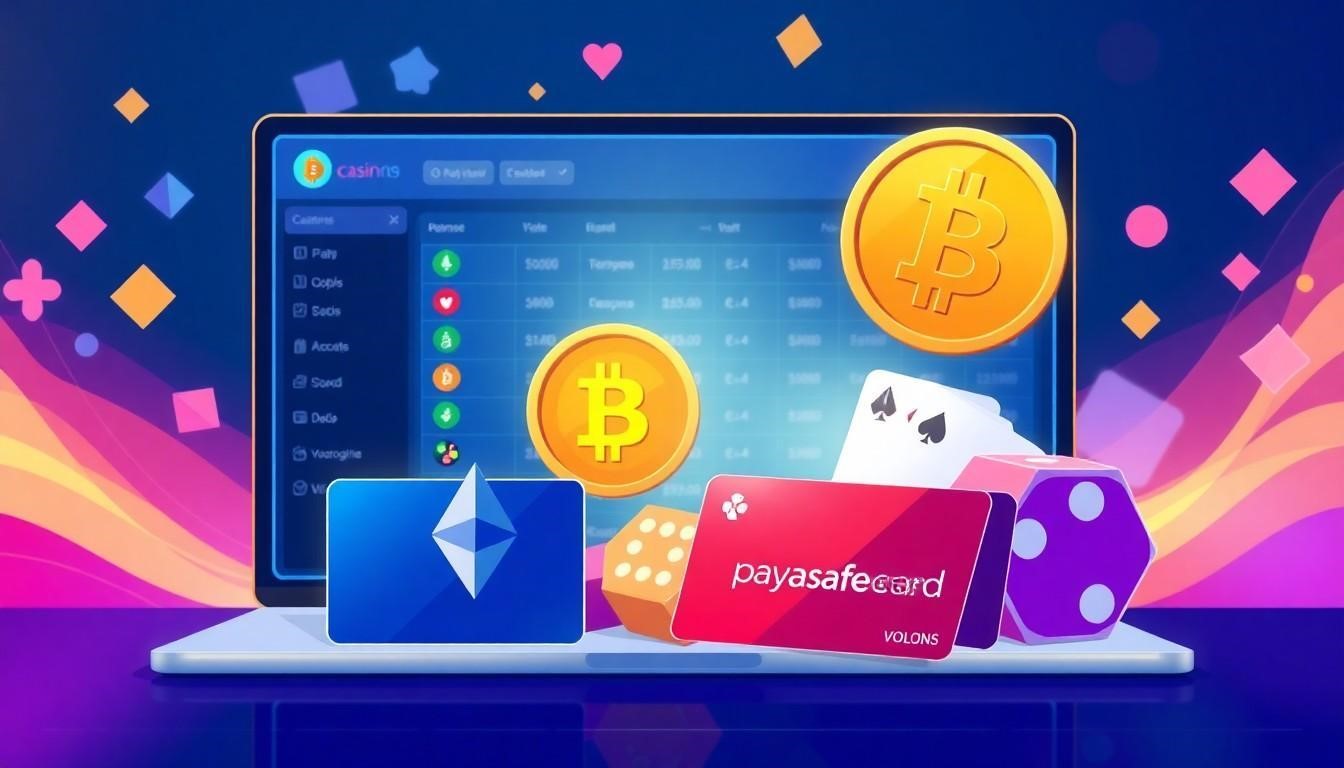Not long ago, cryptocurrency seemed to most people like something far removed from everyday life — a topic for IT enthusiasts, traders, and those who believed in the “digital revolution.” But today, it is confidently transitioning from financial experimentation into the realm of practical application. This shift is especially noticeable in Slovenia, one of the most technologically progressive countries in Central Europe.
Ljubljana, the capital of Slovenia, has become a true cryptocurrency hub. It is home to BTC City — an innovative shopping center where dozens of stores, cafes, and services accept cryptocurrency payments. Thanks to payment systems like GoCrypto, buying a cup of coffee or a pair of sneakers with Bitcoin has become a routine matter.
Beyond retail, cryptocurrency is actively entering the digital services sector. It can be used to pay for platform subscriptions, purchase games, and make microtransactions in apps. Of particular interest is the growing use of cryptocurrency in the online entertainment sector. More and more users are opting for anonymous and fast payments in gaming services and even on platforms with elements of gambling, such as online casinos — where security, speed, and confidentiality are especially important.
If you’re looking for reliable online casinos with a wide selection of games from leading global providers, visit slovenskecasino.net. The site features only trusted platforms offering a variety of gaming options and exciting opportunities for every player. Each user can choose a casino with favorable conditions and a bonus program, making the gaming experience even more engaging and rewarding.
Investment: From Enthusiasm to Conscious Strategy
Cryptocurrency remains a powerful investment tool. Over the past few years, more and more Slovenians have begun to view digital assets as a way to preserve and grow their capital. Bitcoin — the market’s flagship — is seen as “digital gold,” while Ethereum attracts investors due to its technological platform, which underpins many decentralized applications.
Several reliable platforms and exchanges operate in Slovenia, both international and local, allowing users to buy, store, and sell cryptocurrencies with minimal fees and high reliability. For beginners, there are mobile applications with simple interfaces, analytics, and educational content — making the investment process accessible and safe.
The DeFi (decentralized finance) sector is also rapidly developing, offering opportunities to participate in staking, provide liquidity to pools, and earn interest. These tools allow users to generate income without selling their assets — instead, temporarily “locking” them in exchange for future rewards.
Legal and Tax Framework in Slovenia
Slovenia’s government approach to regulating cryptocurrency is pragmatic. Since 2022, a law has been in effect that defines clear rules for taxing crypto income. If annual trading income does not exceed €1,000, no tax is required. Otherwise, a fixed 10% rate is applied to profit, not the total turnover — making the system fair and encouraging income legalization.
This taxation applies only to individuals, allowing private investors to feel secure. Additionally, the government is participating in the development of the EU-wide MiCA (Markets in Crypto-Assets) regulation, which ensures legal protection for digital asset holders and creates unified rules for the European crypto market.
Slovenia was one of the first European countries to legalize the operations of crypto startups, exchanges, and payment platforms, providing them with a comfortable regulatory environment. This creates conditions for stable industry growth and attracts international projects to the country.
Everyday Transactions and Crypto Wallets
Modern crypto wallets are no longer just technological novelties but familiar apps that easily integrate into everyday life. Slovenians use Trust Wallet, MetaMask, Ledger, and other popular solutions to store digital assets and quickly pay for goods and services.
Bitcoin logos are increasingly seen on the doors of cafes, dental offices, repair shops, and stores. Payments take only seconds and require neither bank cards nor paperwork. Moreover, cryptocurrency is widely used for cross-border transfers: freelancers, IT specialists, and digital entrepreneurs prefer to receive payments in Bitcoin or USDT to avoid banking delays and high fees.
The emergence of multi-currency wallets and NFC-based solutions allows users not only to pay with cryptocurrency but also to convert it to fiat on the spot. Some startups even offer physical cards linked to crypto wallets that can be used in any payment terminal.
The Future of Cryptocurrency in Real Life
The development of cryptocurrency in Slovenia is not just a trendy movement but part of a broader digital transition. Blockchain technologies are being implemented in education, logistics, energy, and other sectors. Government agencies are testing blockchain-based solutions to ensure transparency in documentation and voting.
One of the most anticipated developments is the launch of the digital euro — a pan-European digital currency under the control of the European Central Bank. Slovenia is actively participating in pilot programs, and if implementation is successful, everyday payments will become even faster and more reliable.
Meanwhile, the private sector will continue to expand the use of cryptocurrency in retail, online services, and entertainment. All of this lays the foundation for a future in which digital money occupies a stable place in the economy, and cryptocurrency becomes a natural part of our daily lives.










